Police mental health: Former cop’s battle with PTSD forced him to leave job
A former police officer has described the horror Christmas shift he still remembers with vivid detail, and his experience of PTSD that forced him to change careers.

Warning: Graphic
Former Sydney police detective Daniel*, 42, can’t pinpoint the moment he realised he could no longer do his job.
Stationed at a local command in the city’s southwest, 10 years with the NSW Police had left him battling post traumatic stress disorder (PTSD) and unable to work.
“Policing is a world that the outside community doesn’t really understand. Nobody really gets walking into somebody’s house and finding a dead person on the ground that’s been there for a month and they’ve melted into the carpet,” he said, speaking to news.com.au.
“They don’t understand the smells that come with it, the things you see and interacting with family. Things like that.”
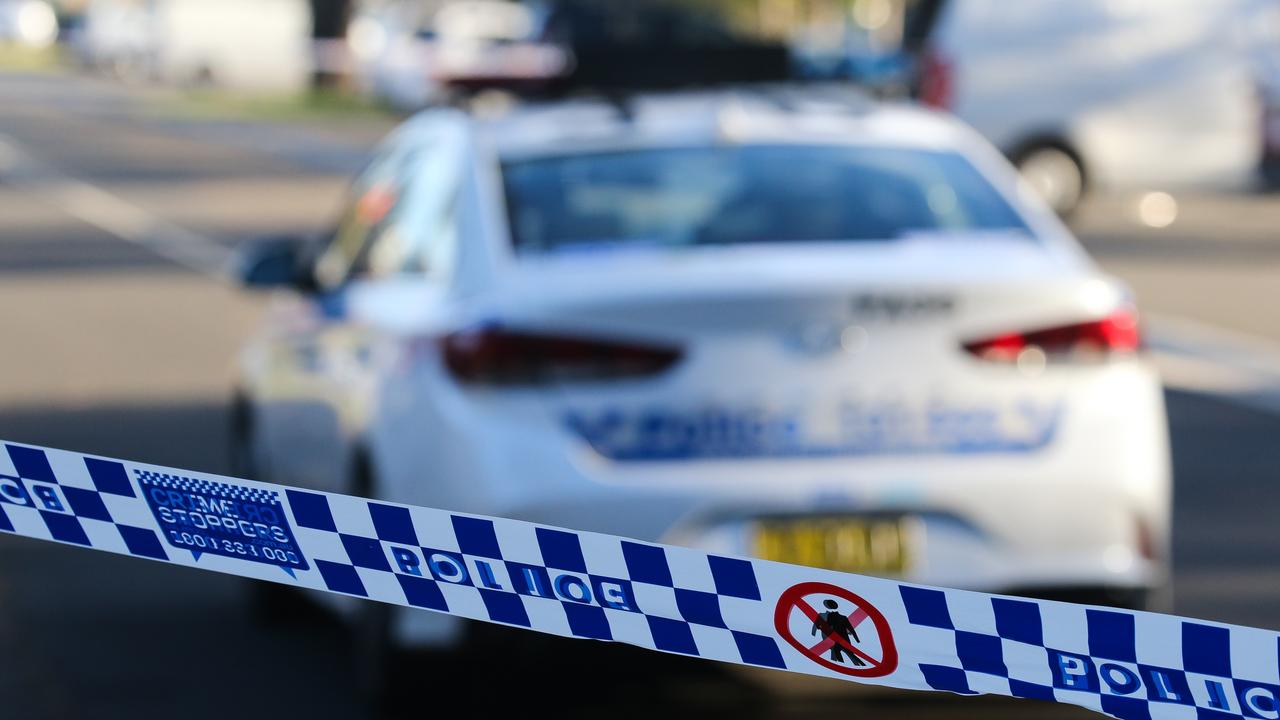
Daniel remembers another Christmas Day in 2010 when as the on-call detective, he attended a case in which a man died overnight after he hit his head on the skirting board. Later that night he attended a fatal car accident in Ingleburn when a 27-year-old man was thrown from his car after it collided with a boulder.
Once police went to visit the home of his girlfriend – where he was driving from – they discovered that her 13-year-old sister had died by suicide.
“I still remember it vividly,” he said.
“It was completely unlinked and I investigated that whole matter.
“I wouldn’t say that that was the straw that broke the camel’s back, but it was just that build up of everything over time.”
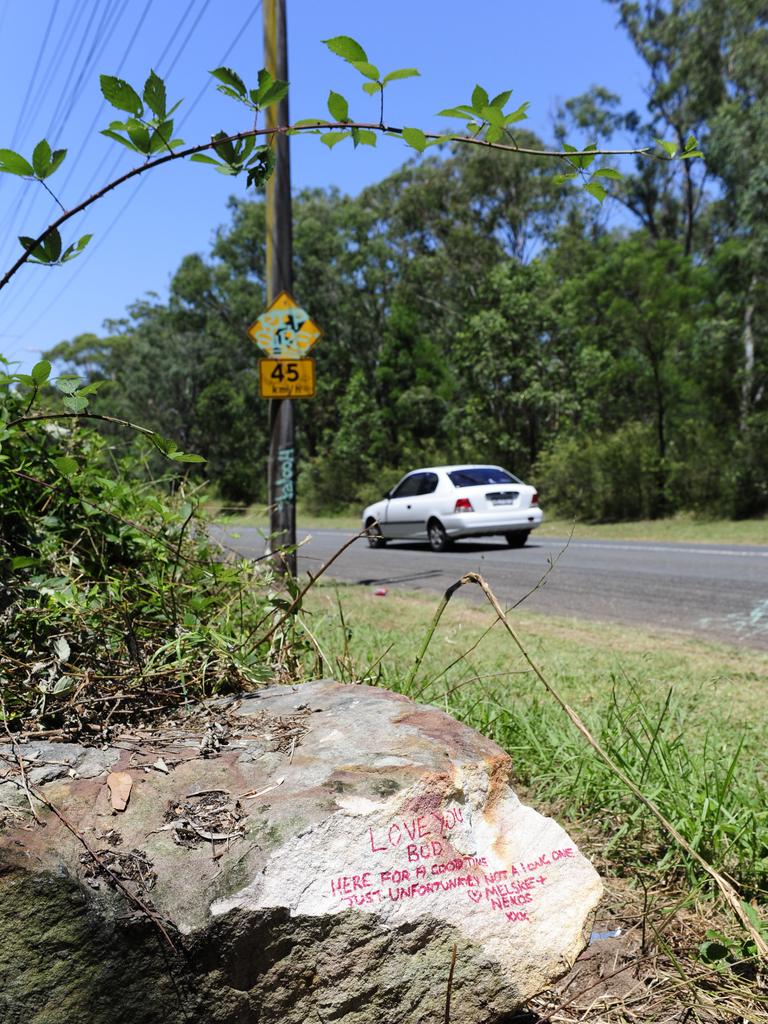
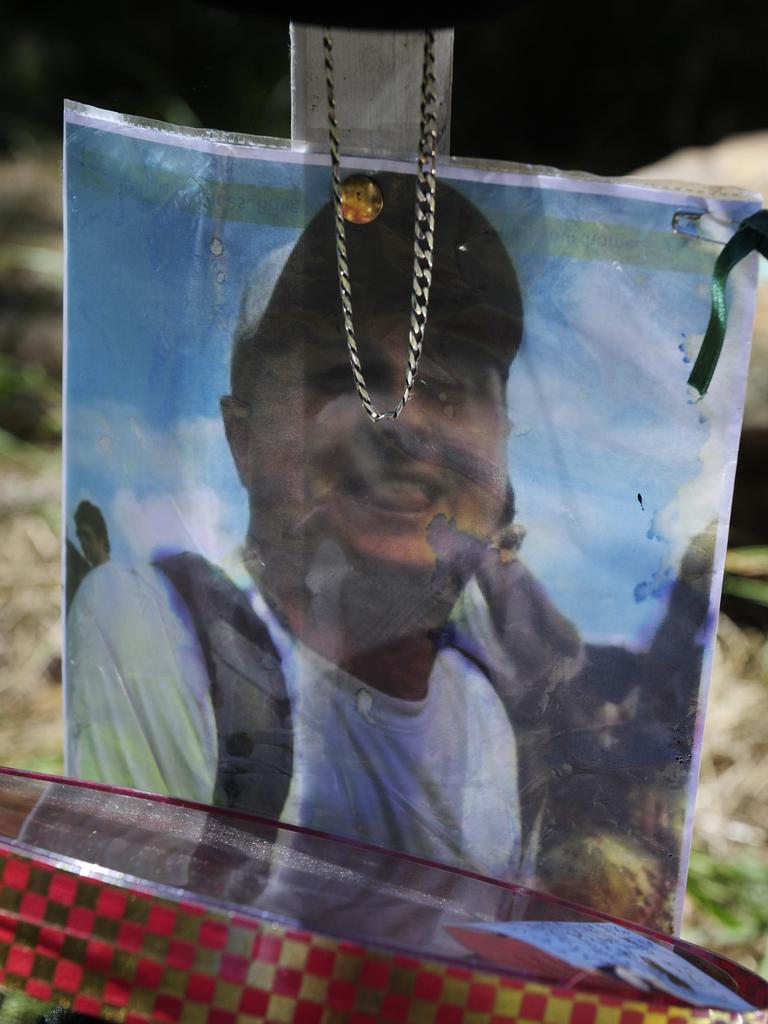
The culmination of trauma and “constant exposure” from the job resulted in him beginning to experience sudden symptoms of PTSD in 2012. By 2015 he had left NSW Police and changed jobs on the recommendation of a doctor.
According to 2018 research from Beyond Blue, police and emergency services workers are twice as likely to experience high or very high rates of psychological distress compared to the general population.
Those who have spent more than 10 years in their jobs are also more than twice as likely to experience psychological distress and six times more likely to experience symptoms of post-traumatic stress disorder (PTSD).
Writing for the Australian Emergency Services Magazine, Murdoch University researcher Petra Skeffington said that rates of PTSD in the police force were as high as 20 per cent.
Earlier this week, the body of a male 46-year-old detective sergeant was found deceased at Ermington Police Station. It’s understood the man was on duty at the time, and police are not treating his death as suspicious.
Counselling has been offered to staff and officers at the station and a critical incident has been declared. A report will also be prepared for the Coroner.
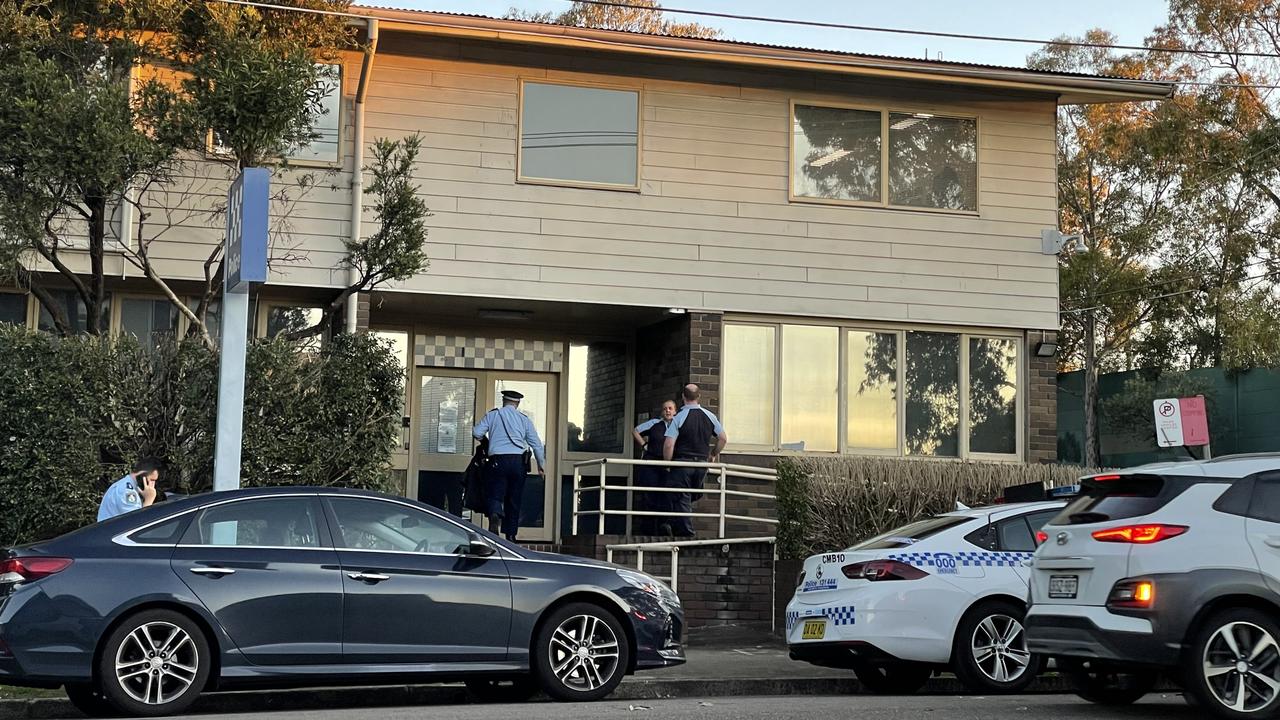
Daniel’s wife, who is also a police officer, was the first to identify the signs. Looking back he says he only realised there may have been an issue “upon reflection”. He remembers feeling emotions like paranoia, having difficulty communicating with people, reliving difficult experiences and having nightmares.
“There were no problems for the first 10 years and then all of a sudden it just got too much. It’s like the bucket overflows and there was too much information and you can’t deal with it,” he said.
“I think everything was triggering, especially while you’re still doing your job. You’re reliving the past.”
While there are several welfare programs for NSW Police, including services like peer support, wellbeing checks, and 24/7 psychological first aid, Daniel said that in his experience, staff aren’t given the time to “engage in the programs”.
“Realistically, I think from my experience, when you realise there’s a problem then it’s probably already too late,” he added.
“You’re just doing your job. You’re not thinking about all these things and making sure that you’re in the right place. Not unless they’re forcing you into speaking to somebody regularly.”
Schemes like the WellCheck program – which provides psychologists to employees in high risk duty types – were also only give to police in speciality squads like the Homicide Squad, and not to the Local Area Command.
“It missed a whole group of other police that needed it probably just as much or maybe more,” he said.
“The police in the Local Area Commands are the ones that are actually attending the scene first before the specialist police would.”
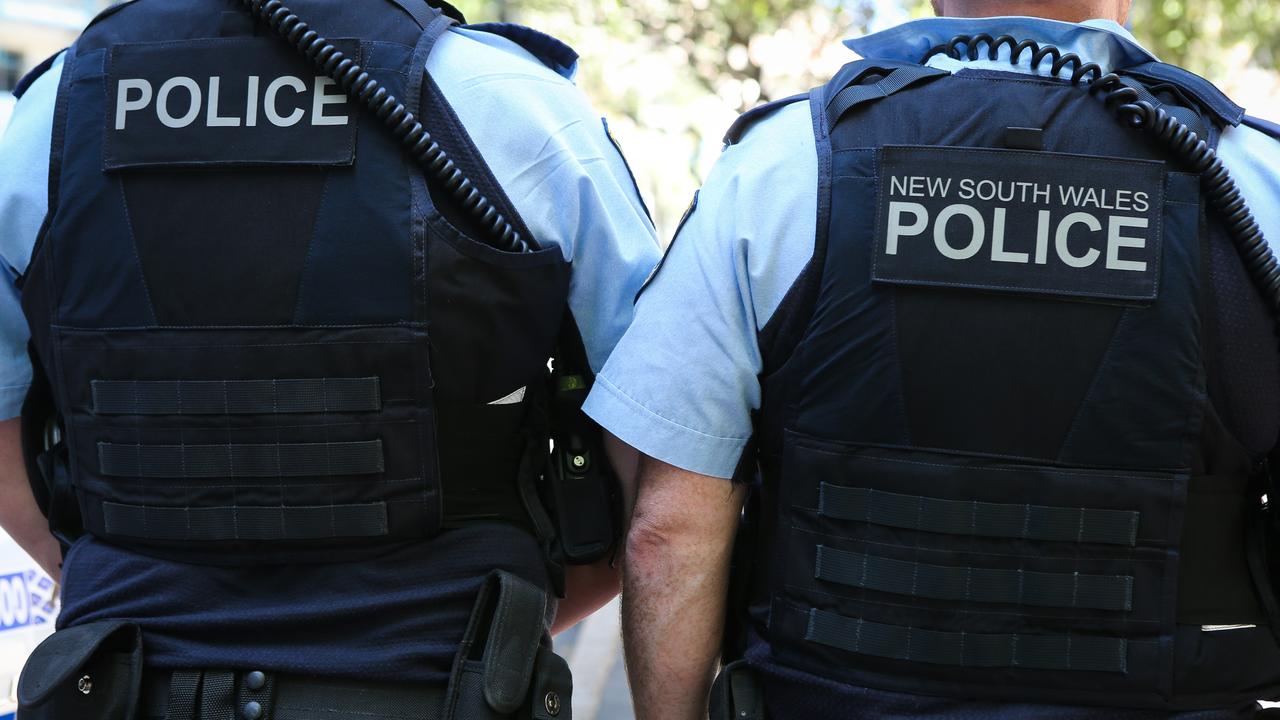
While Daniel has now left policing, he believes there needs to be a more proactive approach when it comes to speaking about mental health and dealing with PTSD among officers.
He says that while entering traumatic incidents are part of the job description, it should also be understood that regular exposure to these events can “cause problems”. More efforts should also be made to ensure employees have access to any necessary treatment required.
“The police need to ensure that if [staff] really do need help, that they’re getting it,” he said.
“[You need] ongoing support to be able to identify what your triggers are. I’ve learnt that you can process what’s going on at the time so that it doesn’t build up and therefore it shouldn’t affect you in the long term.”






